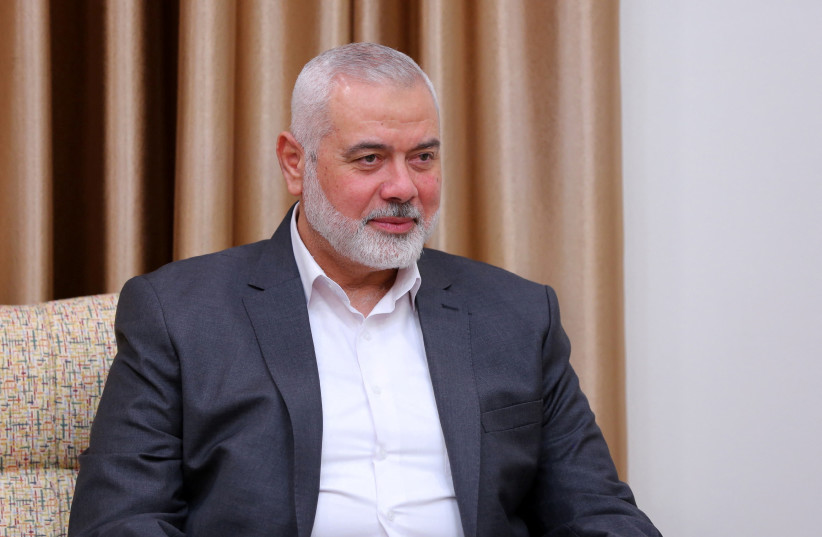NEW YORK – The White House on Wednesday affirmed that hostage talks are continuing despite the slow timeline.
“I wish I could stand here today and say there’s a deal, but those conversations continue. We have made this a priority,” White House Press Secretary Karine Jean-Pierre said. “This president has made this a priority to get that hostage deal to get those hostages home to their families.”
Jean-Pierre also said it’s important to get humanitarian aid into Gaza.
Qatari Prime Minister Mohammed bin Abdulrahman bin Jassim Al Thani said that the main point of dispute in negotiations on a Gaza ceasefire is over the return of displaced people to different parts of the Palestinian territory during a joint press conference with Spanish Prime Minister Pedro Sánchez.
Hamas's strict demands for negotiations
Hamas's Qatar-based chief Ismail Haniyeh said that the movement was sticking to its conditions for a ceasefire, including a full Israeli military withdrawal.

“We are committed to our demands: the permanent ceasefire, comprehensive and complete withdrawal of the enemy out of the Gaza Strip, the return of all displaced people to their homes, allowing all aid needed for our people in Gaza, rebuilding the Strip, lifting the blockade and achieving an honorable prisoner exchange deal,” Haniyeh said in a televised speech ahead of Al-Quds (Jerusalem) Day.
The exchange he referred to would be a release of Palestinian prisoners from Israeli jails in exchange for Israeli hostages being held by militants in Gaza since October 7.
Before October 7, Israel and other actors had been working to reach a Saudi deal.
Palestinian voices since then have said that one of the reasons for the massacre attack was to put a dent in those talks and make sure the Palestinian issue is resolved if they do take place.
Talks have been largely frozen, as Israel focused all of its energies on the war and keeping its declared allies close.
On Wednesday evening, war cabinet member and National Unity chairman MK Benny Gantz told a press conference that Israel has a chance to create a regional security pact to defend itself against Hamas and “those who try to harm us, headed by Iran.
Gantz also claimed that “a normalization deal with Saudi Arabia, which would include the establishment of an international directorate for the Gaza Strip headed by Arab states, is within reach.”
